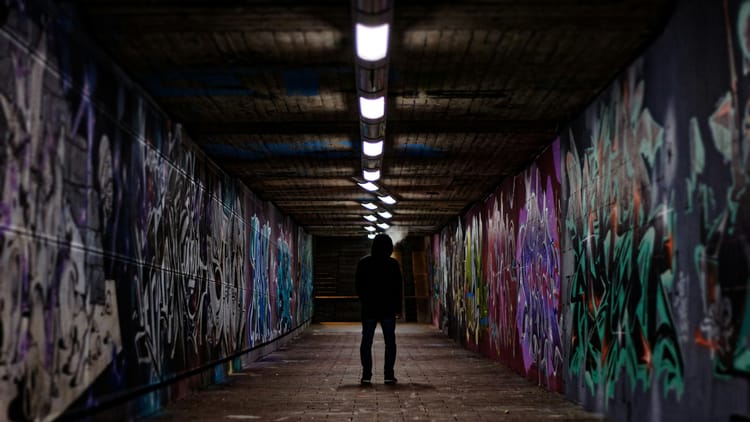Untouchable

Autocratic regimes are developing a repertoire of tactics for financial repression—or as Felix Maradiaga prefers to say, financial and asset-based repression—to clamp down on and fundamentally incapacitate dissidents and pro-democracy activists in countries around the world. Dictators will freeze people’s bank accounts and seize their assets, sometimes using global financial and legal institutions—and often new technologies—to do it. All of which they’re only getting savvier with.
At the same time, people in autocratic countries are figuring out new ways to fight back. Some have used emerging digital assets, notably Bitcoin, to fund their organizations and movements in ways that make it easier to circumvent government control. As an example, the team working with the late Russian opposition politician Alexei Navalny took in several million U.S. dollars worth of Bitcoin—a little more than 10 percent, they say, of their total funding.
Why does Bitcoin, of all things, seem to have become so important to dissidents in autocratic countries?
Farida Nabourema is a Togolese democracy and human-rights activist, and the executive director of the Katutu Civil Rights Center. Nabourema says that while Bitcoin relies on new technology, it’s best understood as just one of the latest in a long series of innovations in the long struggle between autocrats and dissidents: Back in her father’s time, the opposition would smuggle cash into Togo in suitcases or detergent boxes. Now, they get Bitcoin.
The biggest difference, Nabourema says, is that Bitcoin is easier and safer to use, which counts for a lot. Once upon a time, Togolese activists would have to send a courier to Ghana to stuff cases with cash; today, they can now transfer funds with the push of a button. That’s not just reduced risk around transactions; it’s helped build trust between those who send the funds and those who receive them. And for embattled dissidents, trust is of the utmost importance: If you can’t trust your comrades, you’re unlikely to risk prison or even torture for opposing the government. In a sense, building trust in a climate of fear is what keeps civil society alive in despotic states.
Nothing stays safe in these places for long, though. Dictators are doing everything they can to disrupt dissident activities, planting spyware on phones and computers to try to stem the flow of Bitcoin ...
Gustav Jönsson: Most people in the West know of Bitcoin as a speculative asset. How has it become a tool for dissidents in autocratic states?






